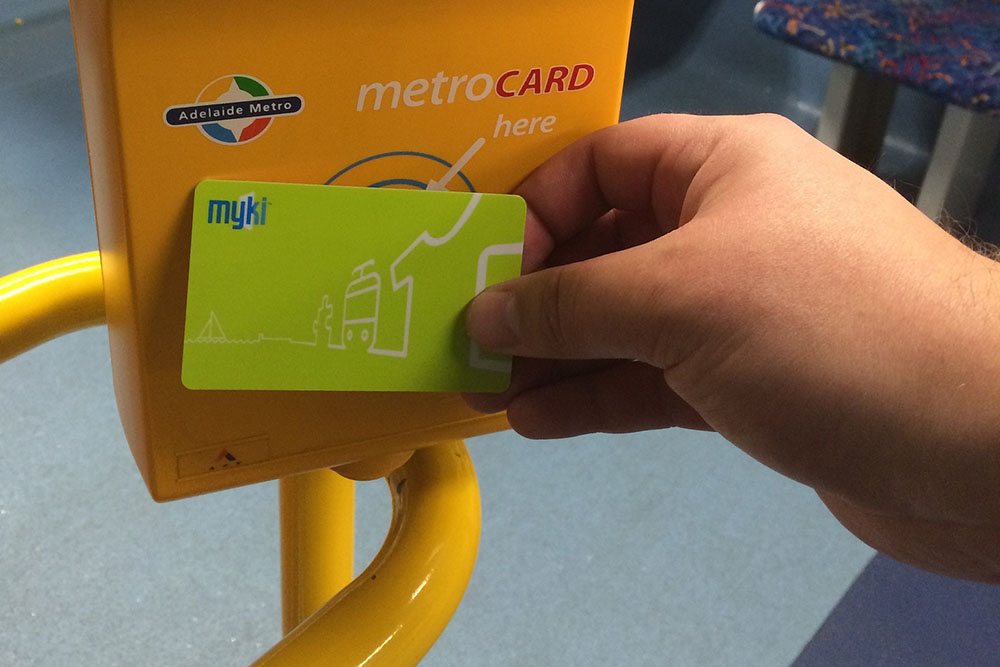
Image: Ben Schueddekopf
Anyone else planning to develop and implement a public transport payment card, take note.
What was once Victoria’s big and innovative move to create a paperless ticketing system has become a bureaucratic nightmare of “poor outcome[s]” and “deficiencies”.
That’s the description delivered by Victorian Auditor-General John Doyle, who tabled a new report titled Operational Effectiveness of the myki Ticketing System.
The system that was created at a cost of $1 billion in 2005 to replace the ageing Metcard system has been through many hurdles in its implementation process, with lengthy delays resulting in cost blowouts by about $550 million, or 55 per cent.
In 2005, the Victorian government awarded the contract to manage the system to Melbourne-based company Kamco over a course of 10 years, until that company was bought out by Japanese company NTT DATA in 2010.
NTT DATA holds the contract until Public Transport Victoria’s (PTV) planned retender in late 2016.
Mr Doyle’s report noted that while PTV has since improved oversight of the myki contractor and related contractual arrangements, “significant risks to the state remain”.
In his identification of these risks, he said that PTV does not yet possess a complete and reliable picture of myki’s operational performance due to shortcomings in performance monitoring.
“The benefits and outcomes sought from the myki retender have not been clearly defined,” Mr Doyle said.
He said none of the agencies responsible for myki have assessed if it has achieved any of its expected benefits–despite previous commitments to the Public Accounts and Estimates Committee in 2012 that this would occur.
He also underlined that compressed time frames for the myki retender risk exposing the state to significant additional costs.
“PTV needs to urgently address these issues and assess the residual benefits achievable from myki going forward, to optimise value from the state’s significant and ongoing expenditure,” Mr Doyle said.
“However, I am concerned that current Cabinet-in-confidence conventions prevent agencies from accessing the full business case for myki needed to conduct a benefits review, and for all other current and major state investments that were approved by former governments.”
He said this is impeding the effective governance of both myki, and all other major investments by the state in projects whose lifecycle usually extends beyond the term of Parliament and any government.
“It is also compromising the effectiveness of the state’s Gateway Review and High Value High Risk framework,” Mr Doyle said.
The Auditor-General’s report isn’t the first that’s been conducted to look into the myki system. Prior to the 2010 state election, the Coalition promised that a review of myki would be conducted by Deloitte.
However, that report hasn’t seen the light of day since its initial announcement. So this Auditor-General’s report is the closest piece of literature on the subject available to the public.
Victoria also isn’t the only state in Australia with a paperless ticketing system. In New South Wales, a similar system dubbed as Opal was rolled out in 2012 at a cost of $1.5 billion over a 15-year contract term.





